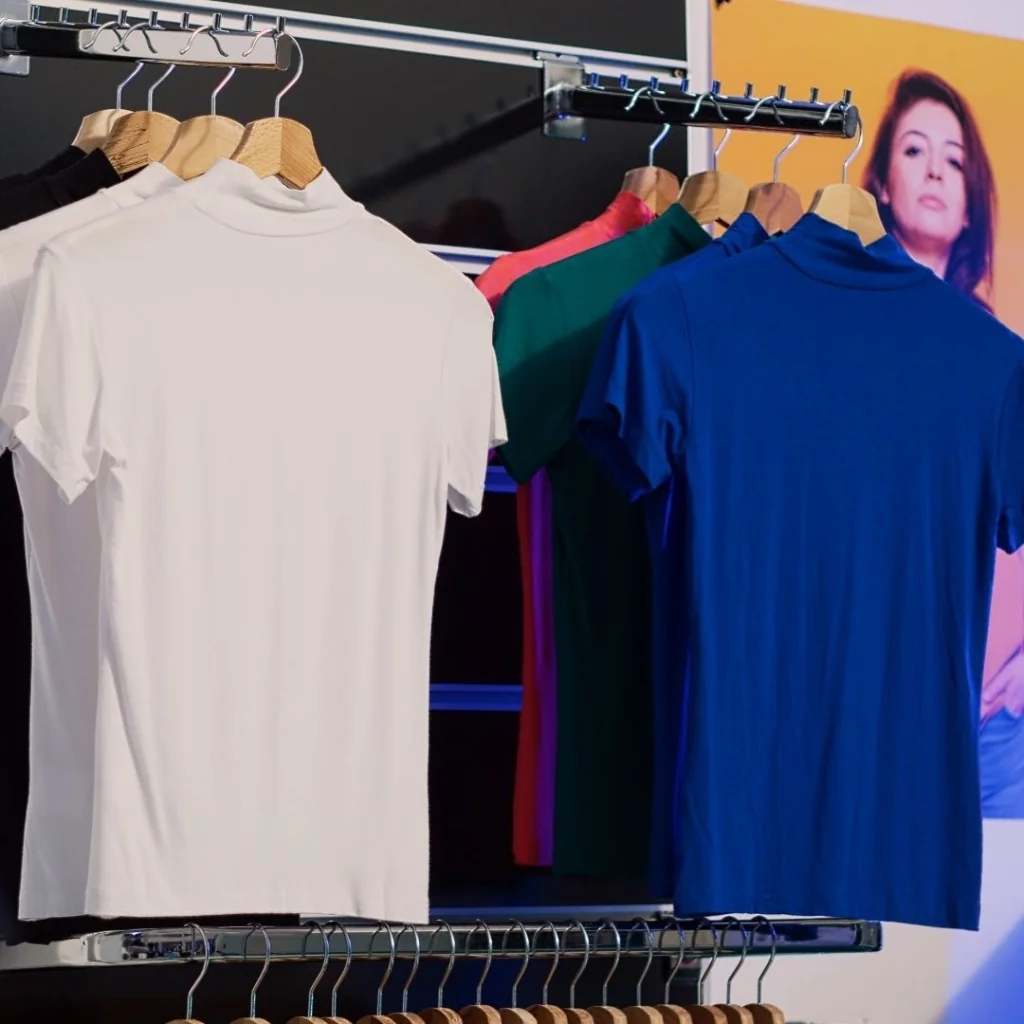Overview:
Pennsylvania State University sued clothing manufacturer Vintage Brand for using vintage sports team logos that the company did not license from the university. Is Vintage Brand committing good old-fashioned infringement?
Merch Madness
Vintage Brand sells apparel and merchandise that features images, slogans, and memorabilia with the former logos of university and professional sports teams. Its hangtags read “Vintage Brand,” and items carry a disclaimer that tells consumers the products are not affiliated with the schools or teams.
Some of the merchandise that Vintage Brand sells features vintage logos and slogans from Penn State sports teams. Penn State holds trademarks for its logos and licenses them to third parties. In 2021, Penn State filed counterfeiting claims and trademark infringement claims against Vintage Brand.
Ornamental Logo or Trademark Infringement
Vintage Brand has argued that its use of the logos does not violate trademark law because they’re historic images that are in the public domain, and the use is “ornamental,” rather than to identify the source of the goods. The company argues that the consumers purchasing the products do so purely because of preference, not because they believe the trademark identifies the source of the products as Penn State.
According to Law360, U.S District Judge Matthew W. Brann dismissed the counterfeiting claim in February of 2024, but allowed the question of whether the use was ornamental to go to trial. Are Vintage Brand’s products infringing or ornamental?
The trial, and the “ornamental” defense, attracted much attention in the intellectual property community. Vintage Brand argued that when people wear shirts like the ones it sells, they are supporting a team, not necessarily making a choice based on the source of the goods. If consumers wear a shirt to express themselves, rather than because of its source, should trademark protections apply?
Lion Roars: Penn State Secures Infringement
A jury ultimately decided that they should. At the conclusion of trial in November 2024, it awarded Penn State $28,000 in damages for trademark infringement, according to sports business publication Sportivo. But Sportivo writes that the money was less important to many trademark owners than the finding that Vintage Brands had violated Penn State’s trademarks. Trademark owners pointed out that if businesses are free to use older logos without licensing them, the officially licensed products–and the licensing agreements that underlie them–are worth less in the marketplace. A finding for Vintage Brand would have upended the market for licensed products that use trademarked logos as a design feature, including numerous college and professional sports teams.
Trademarks, Historic Images, and Surveys
At least twelve other universities have also sued Vintage Brand, according to Sportivo. Law360 notes that a judge allowed the company to make its ornamental claims in a case brought by Purdue University, but a judge in a suit by Baylor University rejected them, and an argument that the University of Illinois had abandoned an older trademark failed. More rulings may be in the future.
In cases like these, much depends on consumers’ buying motivations and how they interpret the relationship between the logo and the source. Consumer surveys can measure the materiality of the contested logo–that is, whether consumers purchase the items because of the brand or the logo. Another consumer survey that could be useful in this kind of case would measure whether there’s any perceived affiliation between Penn State and Vintage Brands.
MMR Strategy Group specializes in reliable consumer survey research, including design, implementation, and expert testimony for surveys measuring materiality and likelihood of confusion. Contact us if you require reliable consumer survey research.
